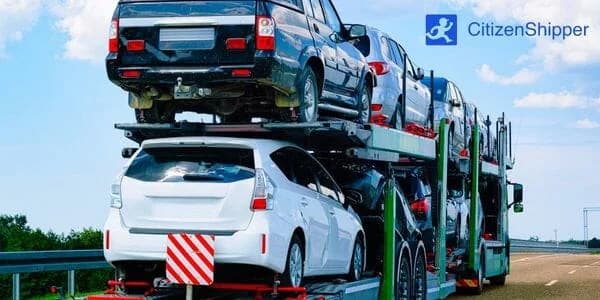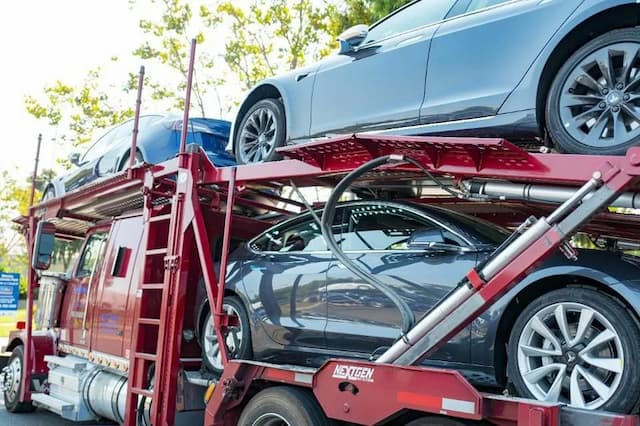Navigating Car Transport in Houston, TX
When it comes to shipping your car in Texas, there's a world of factors to consider. Texas, with its vast expanses, diverse weather patterns, and unique urban challenges, presents a distinct set of circumstances. But don't worry! Here at CitizenShipper, we are committed to helping you navigate through it all. Whether you're moving into or out of Houston or need to transport your car for any reason, our expert team is here to help.
Texas's Vehicle Transportation Laws & Regulations
In Texas, car transportation laws and regulations are in place to ensure the safety and preservation of all vehicles and public roadways. Auto transporters must adhere to the Federal Motor Carrier Safety Administration (FMCSA) regulations for safety. Compliance involves ensuring that all vehicles are properly secured during transport and maintaining necessary documents for every shipped vehicle.
All auto transporters operating in Texas must also possess an active MC Docket number, issued by the FMCSA. This number signifies that a transportation company is registered under the federal government, allowing them to legally operate across state lines. Additionally, Texas has specific width and height restrictions for transported vehicles to ensure safe passage on highways and under bridges.
Weather & Terrain Considerations in Houston, TX
Weather patterns in Houston, TX have a significant impact on car shipping. With a humid subtropical climate, anticipate sweltering summers with temperatures regularly exceeding 90°F and mild winters. The Gulf Coast location means Houston is vulnerable to tropical storms and hurricanes from June through November, which can significantly disrupt transportation schedules and routes.
While Houston itself is relatively flat, situated on the coastal plains, shipping to or from other parts of Texas presents varying terrain challenges. The state's geography ranges from the Gulf coastal plains to the high plains of the Panhandle and the mountainous regions of West Texas. These geographical variations can affect shipping timelines and costs, especially for larger vehicles or specialty transports. It's always beneficial to plan ahead and account for possible weather-related delays, particularly during hurricane season or when winter storms occasionally sweep through the region.








